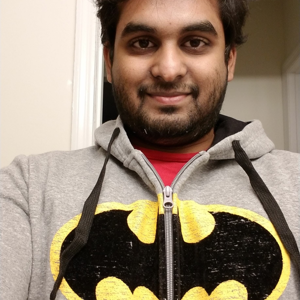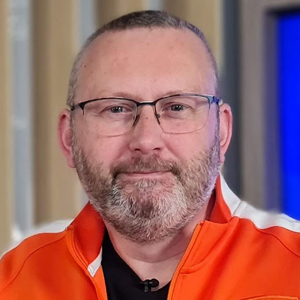Hello @Adwait Naik,
welcome to this moderated Azure community forum.
Azure Digital Twins is a solution, capable if visualizing complex environments (buildings, vehicles, machines, robots, etc.) as a simplified model.
This way, users without the underlying technical knowledge can keep making decisions, especially when the raw telemetry is turned into meaning with business rules.
If this is what you want, how do you proceed.
In the past, I wrote this blog post regarding the whole experience. Read through it to get a general understanding of the steps to execute and how everything falls together. You can also check out this quickstart.
It must be clear you start with modelling the ADT environment where your twins live. Twins van be related (eg. a building twin has several product line twins. Each product line twin has one of more robots).
The environment contains the last known values and state of each twin.
The twins have properties telling something about the actual device. What is the state? how much power is used? What are the angles of each robot join?
Once this is done, you can upload the image to the ADT 3D Scenes Studio editor and start connecting twins to image elements.
If you have multiple robots in your picture, you can add multiple robots, each one related to a robot in your picture.
Add legends, alerts, play with colors. Change twin properties and see how the image changes.
Then, eg. write custom code in an Azure Function (like this example in GitHub) or use a Logic app to manipulate the properties using Azure IoT Hub data or telemetry coming from another source.
As an alternative, you could also use another visualization tool like Babylon.JS or Unity. This give you more control over the moving parts in your 3D representation (less static).
As you can see, there are a lot of moving parts (pun intended) regarding digital Twins.
If you also interested in that business rule engine part, check out this blog post.
If the response helped, do "Accept Answer". If it doesn't work, please let us know the progress. All community members with similar issues will benefit by doing so. Your contribution is highly appreciated.

